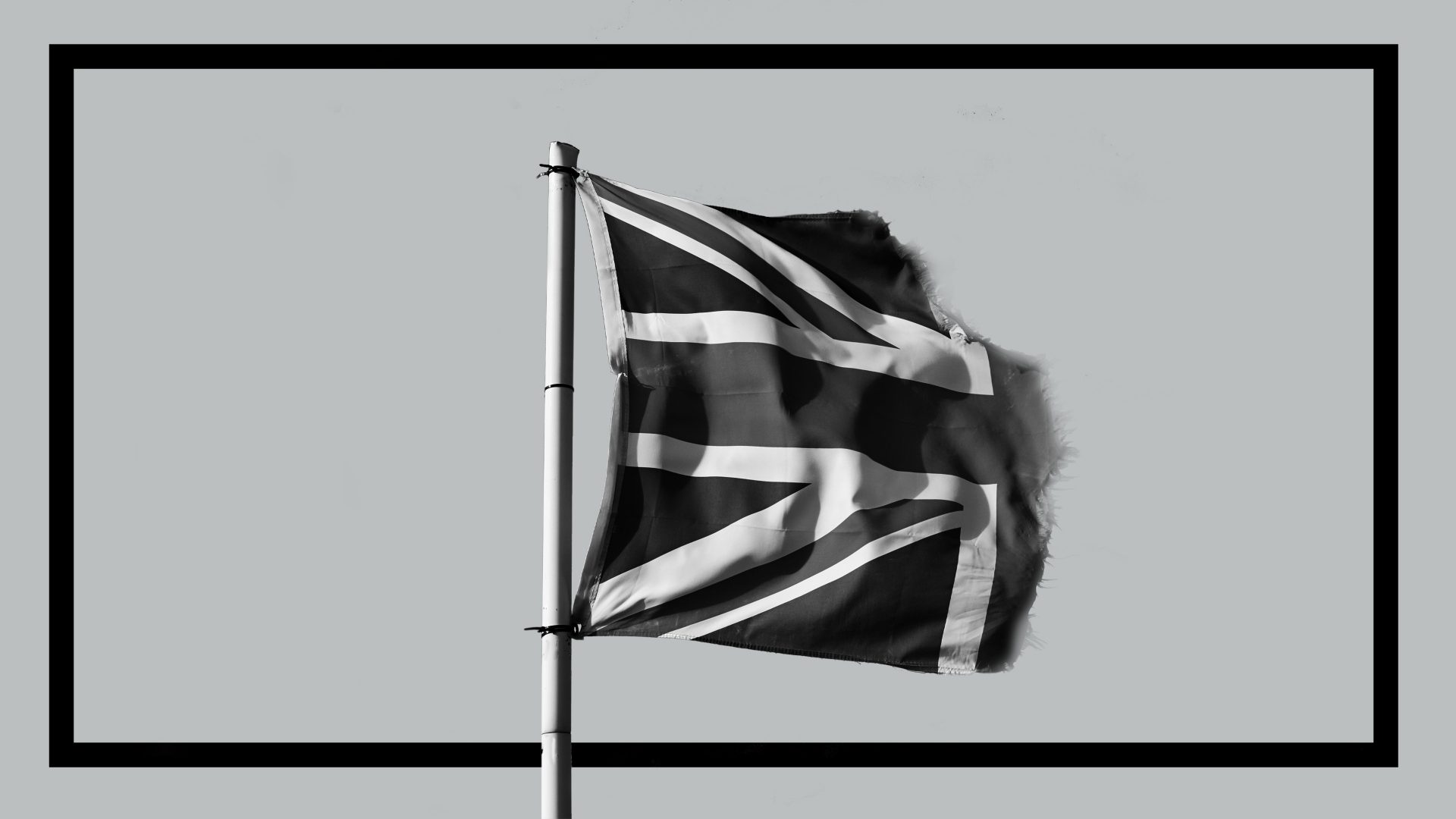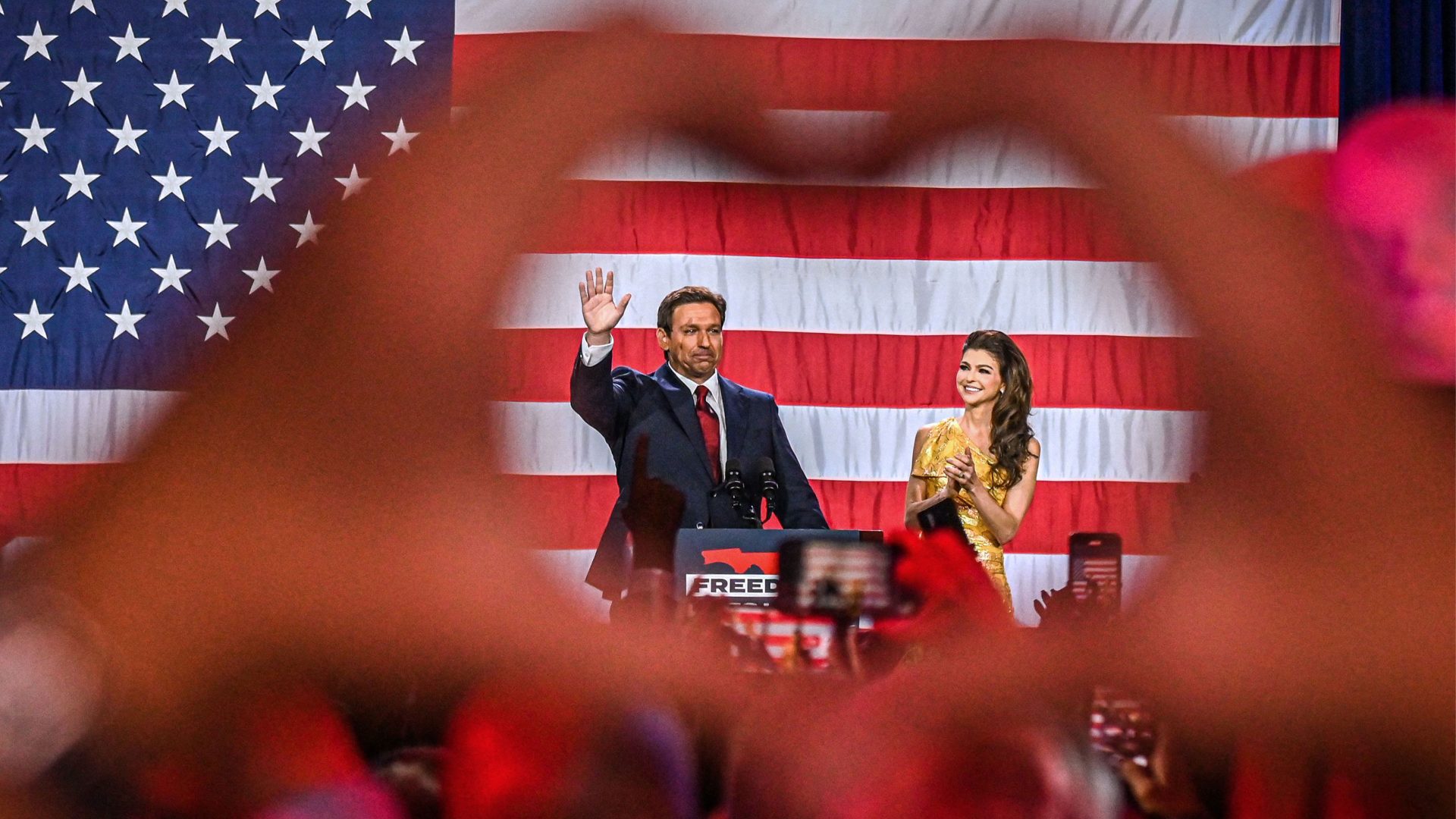I am unconvinced by Paul Mason’s attempt to dismiss our (unspeakable) government’s approach to the management of public debt (“The ‘fiscal black hole’ is a lie”, TNE #317).
It is certainly true that managing public debt is not like managing a household’s finances, but there are limits.
Paul advocates “investment-led growth”. Who are the investors he is thinking of? Before Brexit, the UK did very well out of foreign investment. Brexit sent the message that we have detached ourselves from economic reality, so confidence evaporated. To reverse that trend the first essential is to rebuild a good trading relationship with the EU.
Paul’s belief that a country with its own currency can create wealth is dangerous. A country cannot create wealth, whether or not it has its own currency. It can print money, of course, and create an illusion of wealth, but then you become Argentina, which has never escaped from exactly that fantasy.
This country’s public debt is financed through the issue of Treasury stock, which sells on the capital markets. Borrowing in this way in an environment of very low bond yields works well because the cost of the debt will be less than the profit you make from spending it.
But all of that debt will mature and have to be replaced. Replacing it at 5%, which may be necessary, is serious folly. Then the “black hole” is very real. If you have decided to depend on infinite borrowing, your debt consumes you just as black holes allegedly consume everything around them.
Robert Graham
Paul Mason is right. This narrative of comparing a nation’s economy to a household economy has always been a lie, and governments of both colours have peddled that lie.
The UK has its own central bank and can print money. A household economy cannot.
Peter Gaisford
Via Facebook
Focus on Fifa
Totally agree with Nigel Warburton’s dismissal of Fifa’s request for players to “focus on football” at the Qatar World Cup (Everyday Philosophy, TNE #317). When asked to go and kill people who had done nothing to him, Muhammad Ali did not focus on boxing.
Bid Maza
Via Facebook
If Fifa agrees that there is no room for racism in football, why is there room for tolerating the suppression of the rights of women, LGBTQ+ people and migrant workers?
I’m not watching this World Cup. We should hit Fifa where it hurts – lower ratings will lead to a decline in advertising and sponsorship revenue.
Ian Lawrence
Via Facebook
I have just watched Fifa president Gianni Infantino’s speech, featuring the lines, “Today I feel Qatari, today I feel gay, today I feel disabled, today I feel like a migrant worker”. It was delusional, offensive and ludicrous. Has he thought about running for leader of the Conservative Party?
Kerry Price
If we judge a nation good enough to sell us oil and gas and buy our weapons and luxury goods, how is hosting sport any different?
Sam Albert
In protest
One can protest one’s innocence, but how does one “protest the World Cup” (WideAngle, TNE #317)? Does this mean “protest whilst at the World Cup” or “protest about the World Cup”? I would have thought that the New European, of all papers, would eschew Americanisms, especially ones that actually make it harder to understand exactly what is meant.
Nick Wray
Coldingham, Borders
Brexit benefits
In his diary (TNE #317) Alastair Campbell refers to “what little we have gained” from Brexit. Have there been any demonstrable benefits at all? I suppose retaining tax havens and tax-avoidance schemes for super-rich Tory backers would be counted by them as benefits. After all, that is what Brexit was really about.
MBJ McKenna
Via Facebook
In his diary in TNE #317, Alastair Campbell refers to Brexiteers claiming that a benefit of Brexit has been the return of the blue/black passport. Even this cannot be credited as a benefit of Brexit.
The decision to change from a blue/ black passport to a burgundy one was not forced on the UK by the EU but was a voluntary decision by the UK government. Croatia still has a blue or black passport.
Steven Attwood
George Eustice has now admitted what TNE has made clear on countless occasions: that the post-Brexit trade deals with Australia and New Zealand, which he helped Liz Truss to strike, were “a failure for Britain”.
At the time, of course, they were introduced to the British public with great fanfare as a great post-Brexit breakthrough; as the first of many that would pave our way to the sunlit uplands; as an example of what we could now do on the world stage having taken back control of our sovereignty.
Is this extraordinary admission of the realities of Brexit an early example of the post-truth tactics we can now expect in the run-up to the next election?
Is it, paradoxically, an attempt to dissociate themselves from responsibility or accountability for the failures of Brexit – how could anyone admitting to all this failure be the cause of it?
Tim Isaac
Putney, London
Trump’s twin?
Your meme of the week showing Donald Trump with long blond hair (TNE #317) bears a disturbing resemblance to Michael Fabricant. Are the two perhaps related? I think we should be told!
Paul Blake
Walsingham, Norfolk
Patriot games
Mandrake (TNE #317) exposes the extent to which the Great American patriot Rupert Murdoch presumes to dictate politics both in the US and the UK. His influence in Britain has been disastrous, polluting public discourse, cheapening politics and encouraging Brextremism.
That anyone, let alone an American citizen, should presume to exercise such power in what is meant to be a democracy is somewhere beyond scandalous. Why is it not more an issue of real public concern?
Michael Rosenthal
I’m delighted to see the return of Donald Trump to the political scene. We may be heading for austerity at home, but at least we will have the pleasure of watching him and the odious Ron DeSantis kick lumps out of each other for a year in search of the nomination, hopefully followed by an independent run by Trump that splits the right and allows Joe Biden to return as president.
Declan Paul
Wales watching
Contrary to Peter Trudgill’s claims in his otherwise excellent article about our Brittonic past (TNE #317), what is now south-east Scotland did speak a form of Welsh in the Dark Ages.
The Votadini tribe perched on Traprain Law, close to where I live, and their power extended over much of this area, including what is now Edinburgh.
Probably Britain’s oldest epic poem, The Gododdin, relates: “Pyag nghyntedd Eidyn/Ei riydd rhyodres/Ei fedd meddwawd.” The translator Gillian Clarke puts this as, “Raising his drinking horn/in the hall of Eidyn/ famous, glorious/heady with mead.” The Gododdin relates how the Votadini’s power ended in slaughter at the Battle of Catraeth (possibly modern Catterick), in the sixth century.
Michael Lloyd
Dunbar
The redoubtable Mr Trudgill has, once again, set me thinking with his statement “Cymru is the Welsh word for Wales”.
My neighbours here in Gwynedd would argue the reverse is true; the timeline is unclear, but “Cymru” was in use around 600 AD, while “Wales” derives from a Middle English term meaning “foreigner”, so is possibly nearly as ancient.
It’s certain that “Germany” is the English word for “Deutschland”, so is it principally a matter of principality that Cymru is the Welsh word for Wales? Just curious; my mother tongue uses “Ουαλία” (wah-LEE-ah), and “Greece” is definitely the English word for “Ελλάδα”.
Andy Valentine
Caernarfon, Wales
Reading Peter Trudgill on “guys” (TNE #316), my mind turned to Gilbert and Sullivan. In The Mikado, Koko sings his patter song enumerating all those “Society offenders who might well be underground/ They’d none of them be missed”.
One of his targets is “the lady from the provinces who dresses like a guy”. The word “guy” has always struck me as odd in a British opera first heard in 1885. WS Gilbert was a talented wordsmith and many of his rhyming words are quite contrived. Could it be that he trawled dictionaries from all over the world to find suitable rhymes?
Were Gilbert alive today, the list of miscreants would certainly include those who crash the economy.
Colin Hayward
Fareham, Kent
“Guys” is now used for a group of mixed men and women. I always point out that they are not including me.
Jen Wilson
Via Facebook
I very much object to being called “guys” when out with a mixed group. Does Peter Trudgill know how this started? Was it Friends?
Corinne Painter
Misplaced
I enjoyed “The biggest shitheap in Europe” (TNE #316), although I was surprised that it is to be found just outside Belgrade and not, as I had thought, on the government benches in Westminster.
David Mitchell
Rose-tinted
Re: Your article on nostalgia for the old East Germany (“In the grip of Ostalgia, TNE #316). It’s strange how everything seems better as time fades the memory.
An example is how many looked back nostalgically at power cuts, the three-day week and being the sick man of Europe and thought, “Gosh, wasn’t that a wonderful time?”
Peter Lock
Rishi is poor
Tanit Koch asks “Where’s the German Sunak?” (TNE #315). She can have ours.
Majid Yar
Via Facebook
Back in the USSR
Tony Harold’s statement (Letters, TNE #315) that in the Soviet era the Ukrainian language was relegated to rural areas and suppressed needs qualification. For the first decade or so of their rule, the Bolsheviks strongly encouraged and promoted the use of the various languages of the USSR, not least Ukrainian, as well as other elements of their national identities; a policy misrepresented by Vladimir Putin as meaning that Lenin “invented” Ukraine.
The figure of the number of titles published in Ukrainian from about 1932 shows a sharp drop, as Stalin sought to suppress any nationalist challenge to his rule; a fall from the level to which Soviet policy had hitherto raised the number of publications in Ukrainian.
Jeff Lewis



